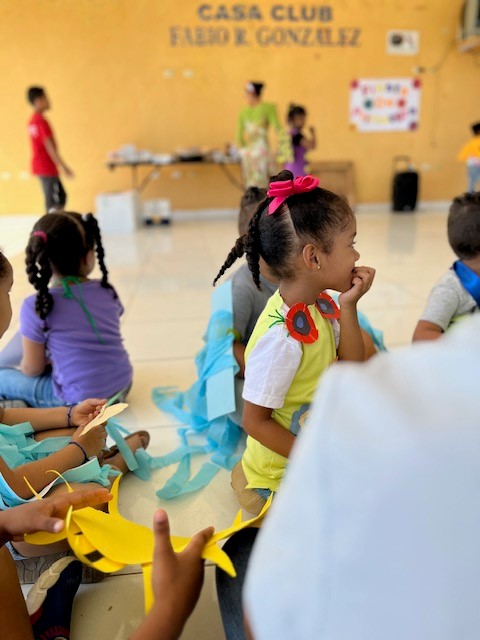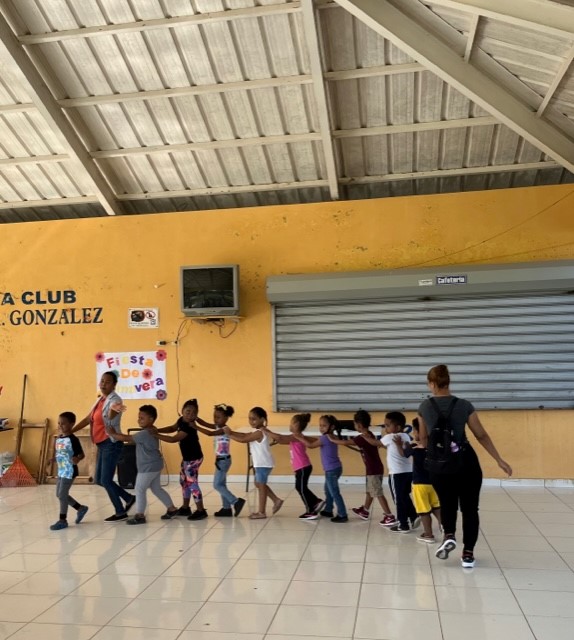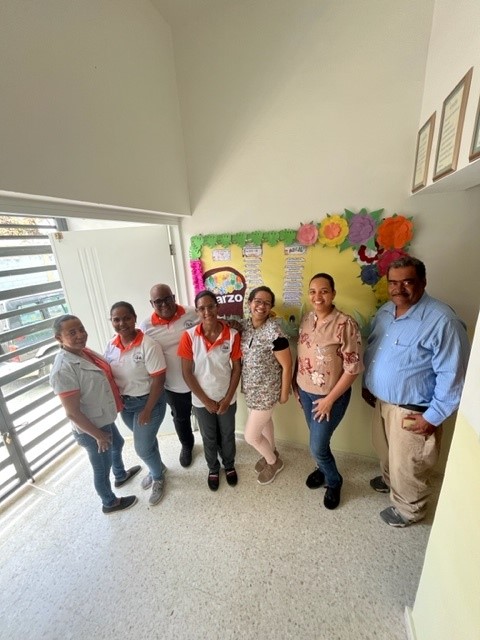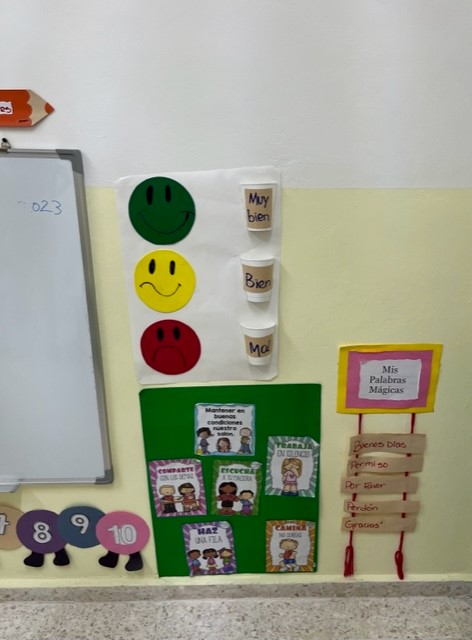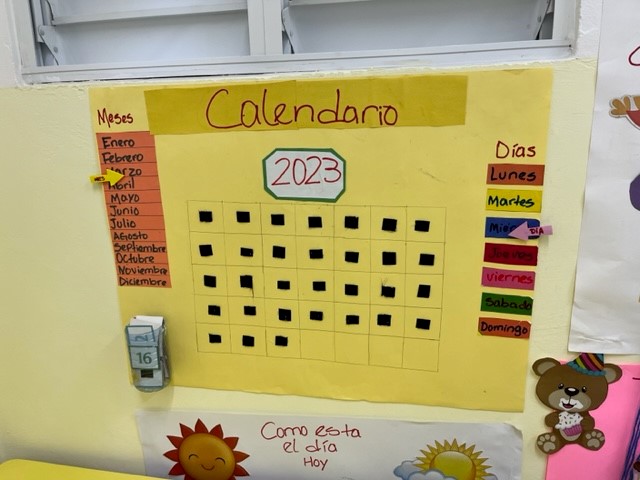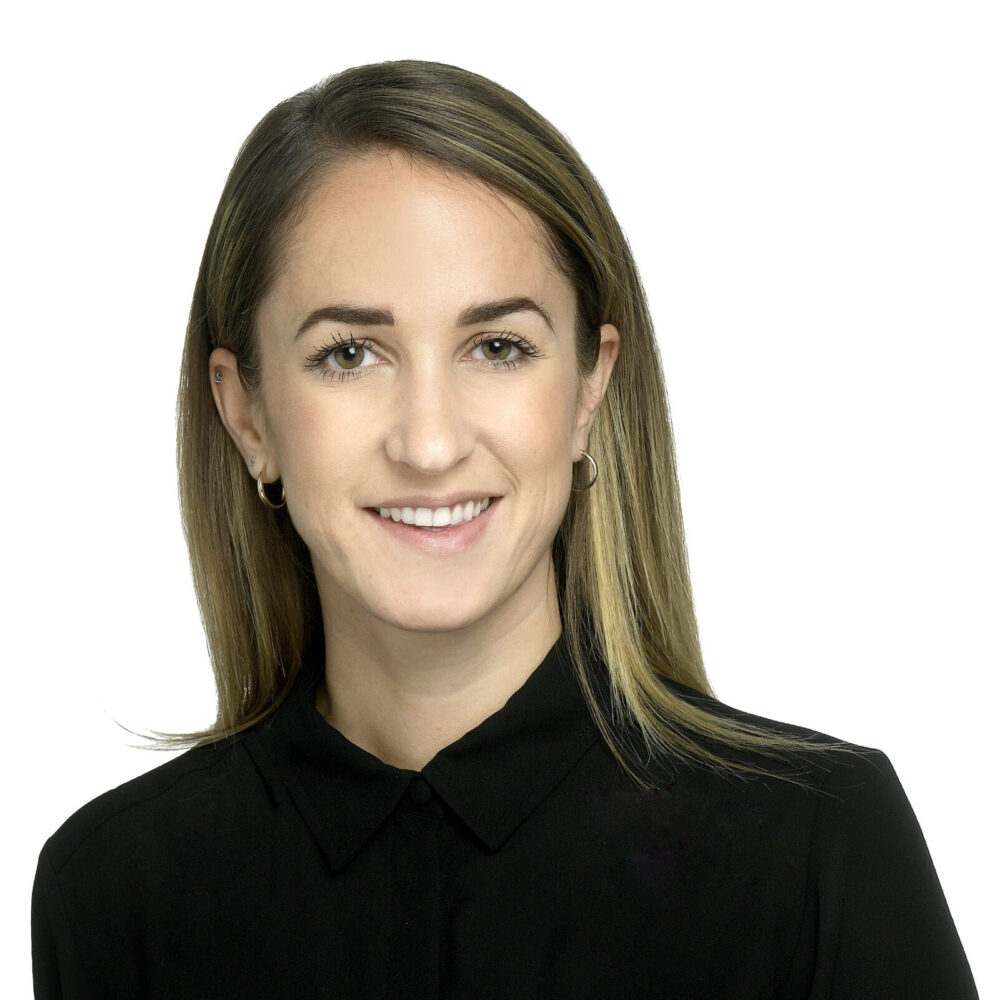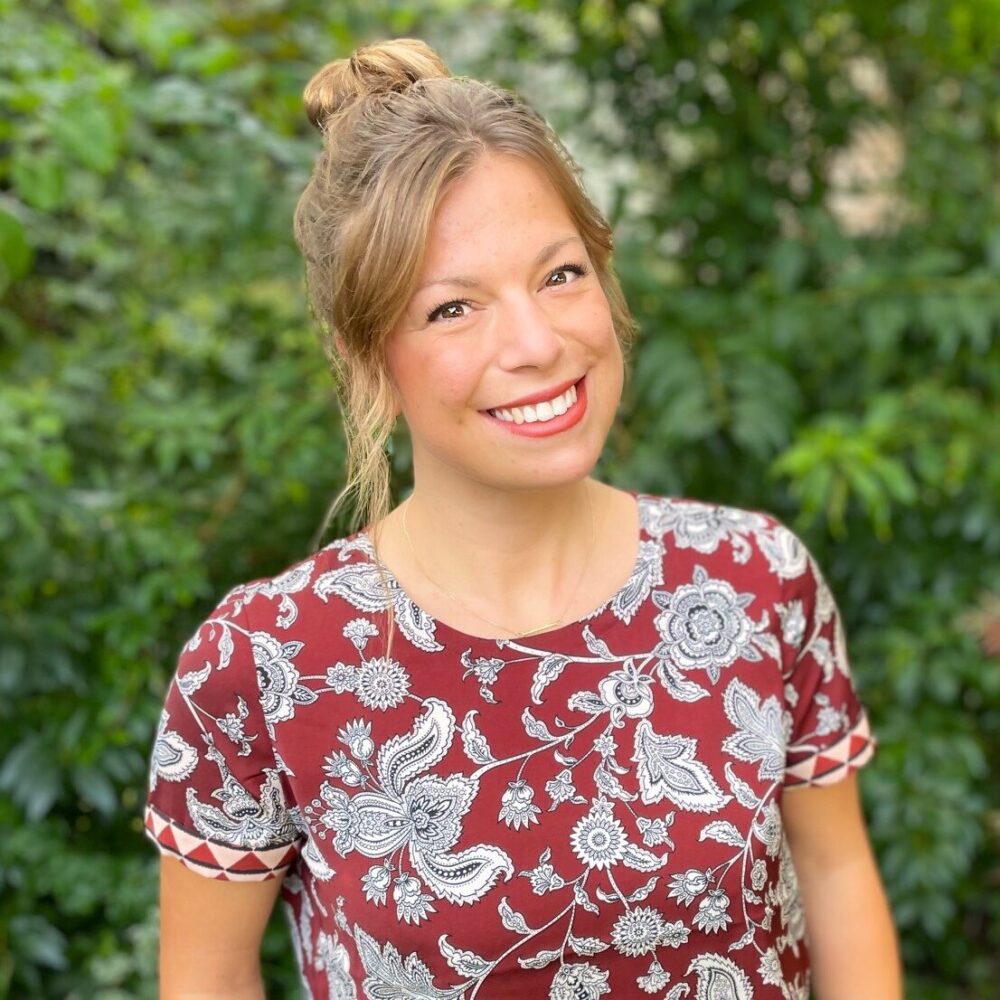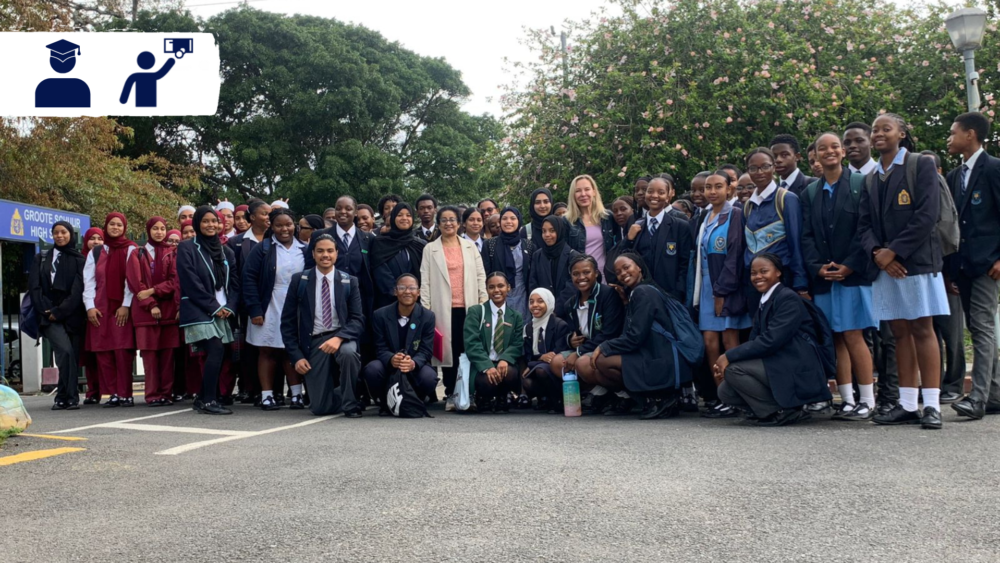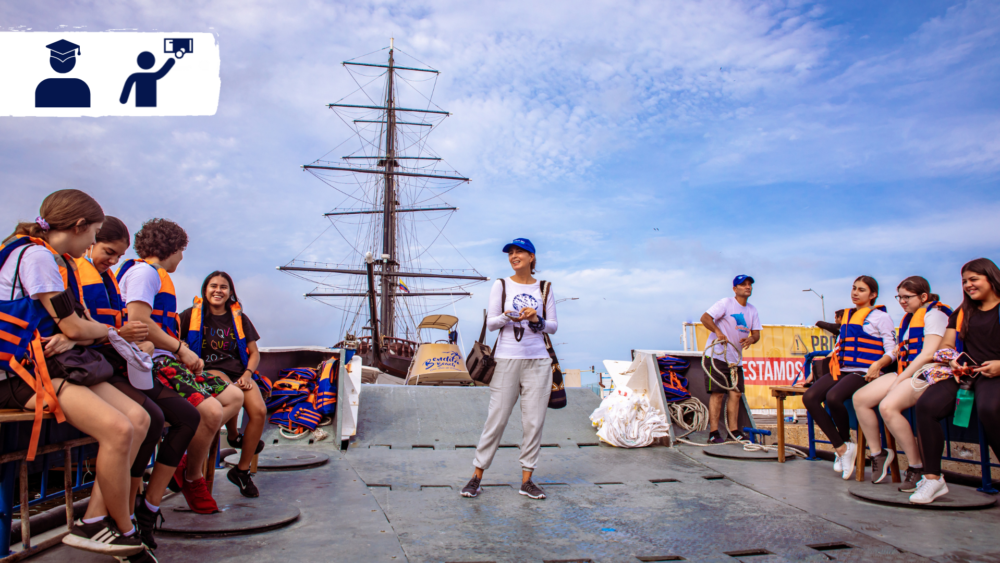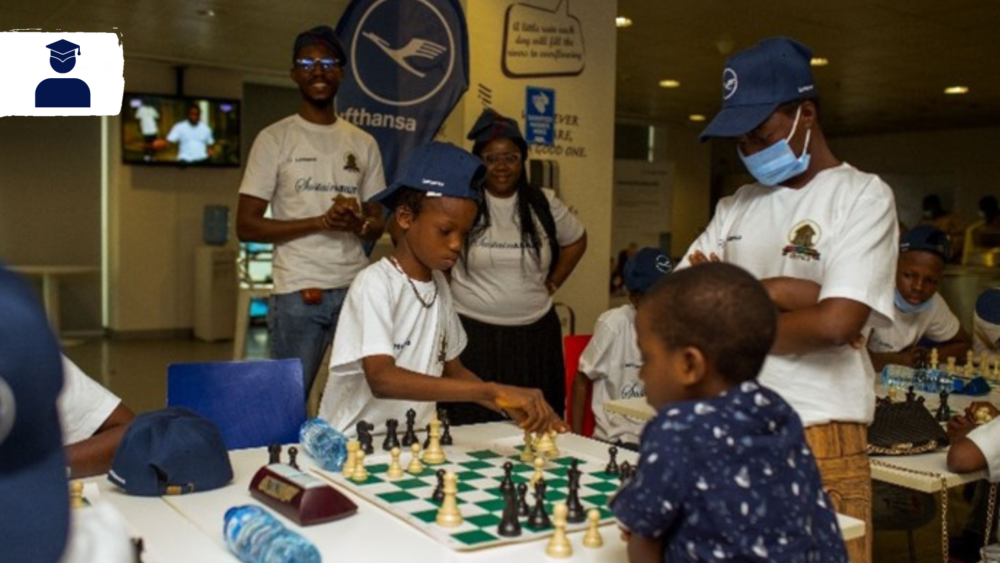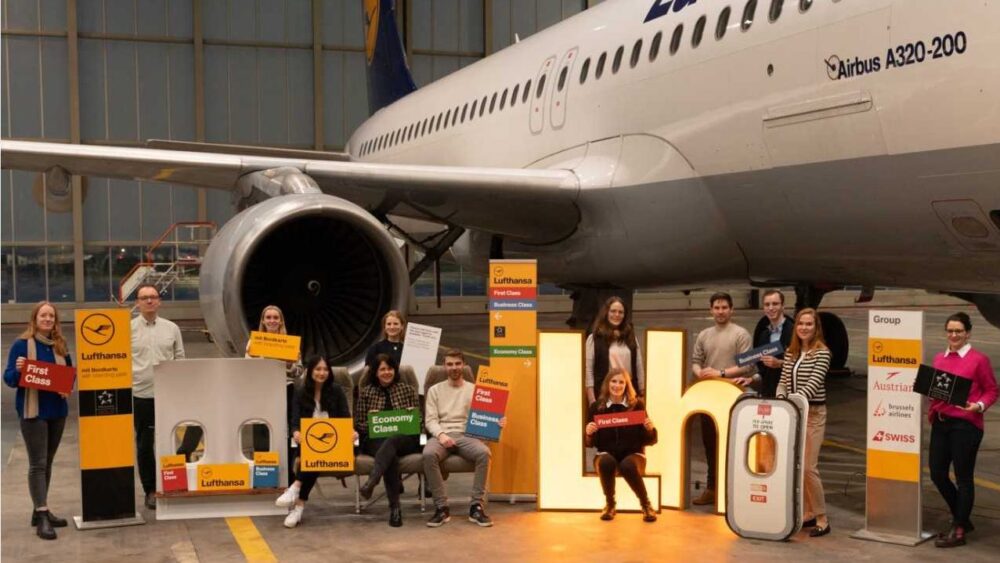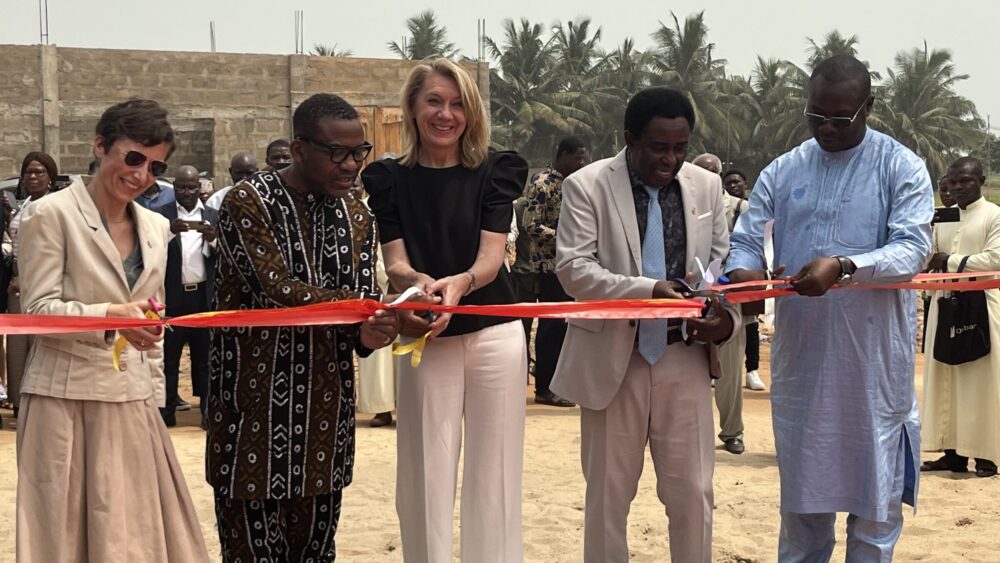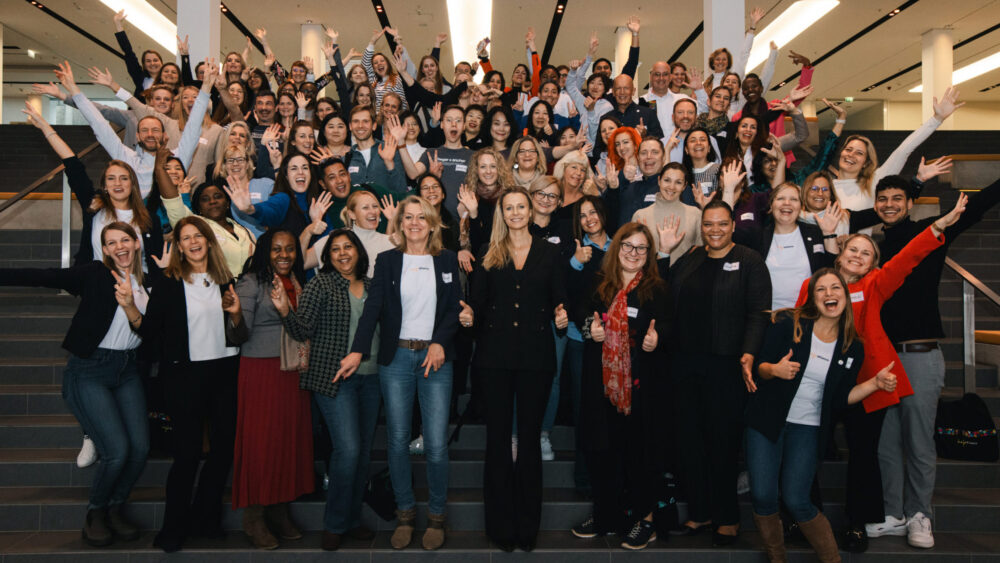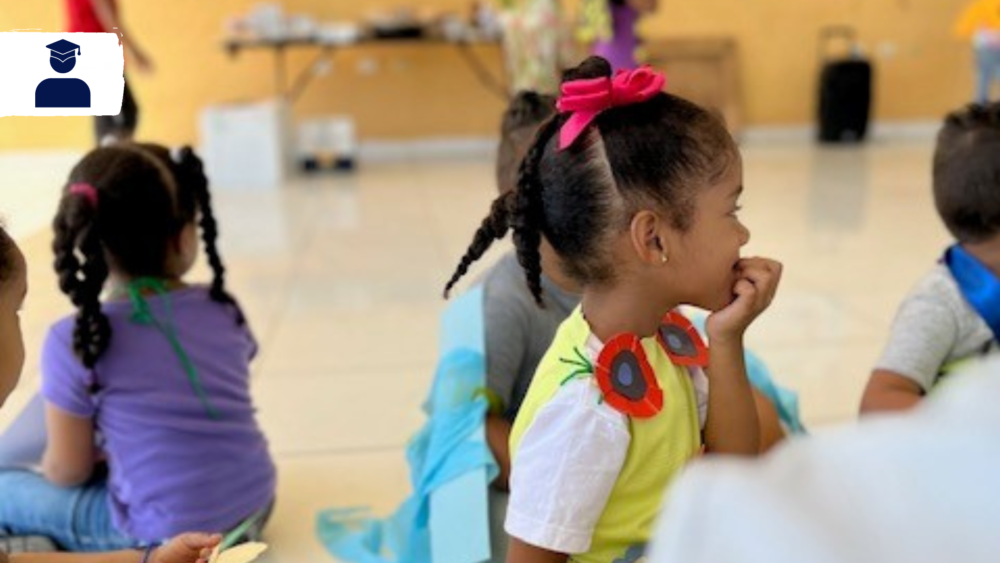
Lilis School, Puerto Plata
In 1992, Florencia “Dona Lili” Bonilla founded the Colegio Enriquillo in a poor suburb of Puerto Plata with the goal of providing the children living there with access to a quality education that would pave the way for them to receive a university scholarship. The school building of “Lilis School” has become dilapidated over the years and no longer meets the requirements of the government for a private school.
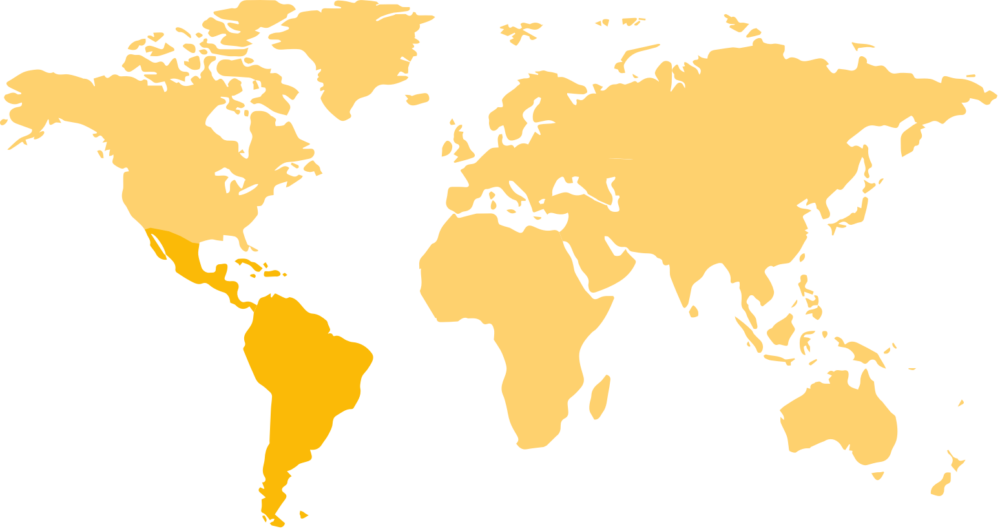
Project background
Education is compulsory in the Dominican Republic. Nevertheless, access to schools is not guaranteed throughout the country. This is exacerbated by the fact that many families cannot afford the expensive school clothing and, in addition, in rural areas the next school might be far away.
In 2011, around eleven percent of children did not attend school.
The educational situation is exacerbated by the fact that state schools do not offer a particularly high level of education. This was particularly evident in the 2015 Pisa study, in which Dominican Republic students ranked last in science and mathematics. In the area of reading skills, the students performed not much better, ranking fifth to last. The study found that 72.1% of the students:in did not reach the basic literacy level.
As a result, parents who can afford it send their children to private schools and avoid state schools.
In 1992, Florencia “Dona Lili” Bonilla founded the Colegio Enriquillo in a poor suburb of Puerto Plata with the aim of providing access to quality education for the children living there. An important aspect has always been the individual care of the children by the teachers, to support the children in case of learning difficulties and to help the children to develop their potentials. In the past, 80-90% of the children managed to transfer to a secondary school after completing the seven years of schooling and to graduate from high school. Hardly anyone else in this poorer suburb managed to do this. Since the early death of the founder in 2017, her daughter, a teacher living in Germany, has been trying to continue her mother’s life project. Unfortunately, things are not good for the school at the moment. The school building has become dilapidated and no longer meets the requirements of the government for a private school.
Target group
The project will enable 80 children from the suburb to gain access to quality education in the future.
Project Targets
The most important goal is that the children benefit from a school that provides a good education so that there is a chance of a university scholarship later on. In addition, the school gives the children security and stability, as well as at least one hot meal every day. Most of the children come from very poor backgrounds and often the parents are unemployed and drown their sorrows in alcohol. Therefore, it is even more important that the children are offered stability, security and a good environment, at least during the day.
In addition, they learn values (e.g. punctuality, reliability, etc.), some of which are not passed on to the children due to the social conditions at home.
In order to achieve this, the teaching staff has been trained accordingly and will continue to attend appropriate further training.
However, a new school building must be constructed, since the old school building was dilapidated, the roof leaked and the toilets were no longer functional. Also, the requirements for private schools have been tightened by the state. If these requirements are not met in a short period of time, there is a risk that the private school license could be revoked by the state. It would not have been possible to meet these requirements in the old school building because there was not enough space for additional toilets, for example. Therefore, the decision was made to build a new three-story building with 6 classrooms. The lowest floor with the first three classrooms is already built. However, due to the worsened economic situation caused by Corona, as well as inflation and an increase in the price of building materials of about 35%, there is a lack of money to finish the construction that has already been started.
Three of the six classrooms still need to be completed. These three additional classrooms will allow the school to accommodate more children. It is quite normal in the Dominican Republic to pay to attend a private school but especially in poorer neighborhoods, it is more of a symbolic contribution. By expanding the classrooms from three to six the small financial contributions of the students will allow the school to pay the wages of the teachers and thus secure the education of the children.
The school is located in the middle of a residential area right at a busy street. This makes it is too dangerous for the children to play outside. Therefore, it was decided to create a quiet or retreat zone for the children on the top floor of the building. This will be in the style of a Spanish garden, including a playground. The retreat zone can also be used for individual learning, reading, etc.
In addition, the goal is to ensure the school’s electricity independence in the future with solar energy pannels, which will be installed on the roof. In this way, especially in the future, the ever-increasing cost of electricity can be largely circumvented.With your help we would like to complete the construction. This includes, among other things, the completion of the remaining classrooms, the equipment of a kitchen for school meals and the construction of a break area for romping but also for individual learning. The solar system is also to be purchased and installed. The operating costs for one year are also to be secured as start-up financing.With your help we would like to complete the construction. This includes, among other things, the completion of the remaining classrooms, the equipment of a kitchen for school meals and the construction of a break area for romping but also for individual learning. The solar system is also to be purchased and installed. The operating costs for one year are also to be secured as start-up financing.
What are you supporting
With your help we would like to complete the construction. This includes, among other things, the completion of the remaining classrooms, the equipment of a kitchen for school meals and the construction of a break area for playing but also for individual learning. The solar system needs to be purchased and installed. The operating costs for one year will be secured as start-up financing.

